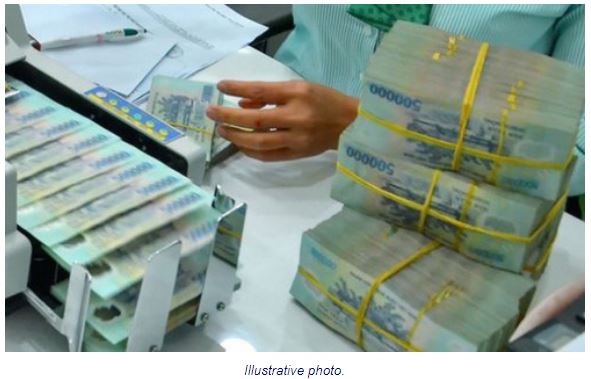Vietnam c.bank may hike interest rates to support VND in 2019
Notably, Vietnam’s interest rates are low in compared with some regional countries, with 10-year government bond yields being 5.2% per year, while those of Indonesia and India are at 8.3% and 7.5% per year, respectively.
Although the role of quantitative easing is, generally, being replaced by some form of quantitative tightening, there is a divergence in monetary policies among leading central banks. Central banks of emerging markets and developing economies (EMDEs) are strongly affected, stated the securities company.
First of all, there is a change in the tone of Federal Open Market Committee (FOMC)’s policymakers who regularly make assessments on the US economy. Inflation remains close to the targeted rate set by the Fed even though the economy is running slightly above potential.
VDSC believed that change implies higher uncertainty and a less hawkish view. The policy path will be more flexible in 2019 and is likely to be driven by data and events. Three rate hikes in 2019 seems unlikely, while the brokerage expected higher probability of just two hikes next year.
In addition, the uncertainty is strengthened by the European Central Bank (ECB)’s policy path. According to projections published in June, the central bank will stop its asset purchases while continuing to keep interest rates at current near-zero levels through 2019.
Notably, the EU economy is slowing down and there are lots of unexpected political events in 2019. The current ECB president, Mario Draghi, will end his term in October next year, which means potential changes in the policy path. Then there is Brexit and European Parliament elections in 2019.
In Asia, Bank of Japan (BOJ) Governor Haruhiko Kuroda said that there is no need to debate on an exit strategy for Exchange-Traded Fund (ETF) purchases and or shrinking its balance sheet. Under a massive asset-buying program deployed in 2013, the BOJ is buying government bonds and assets such as ETFs to achieve its ambitious two percent inflation target. However, the economy is stuck in a stagnation phase due to significant changes in the demographic environment.
China should diminishes its deleveraging process in order to support the economy. Equity markets have plummeted and the risks to large-scale shutdowns of state-owned corporations, caused by trade tension, put the People’s Bank of China (PBOC) and the government in urgent need to support those. Decreases in the reserve requirement ratio (RRR) and softening lending regulations are in place to try to avert massive layoffs. Overall, how the PBOC and the government will support the economy depends on the escalating level of trade tensions.
Emerging markets and developing countries (EMDEs) are hence more vulnerable. Investment money outflow is the main reasons why EMDEs’ central banks generally raised interest rates in 2018. However lower crude oil prices helps most emerging economies. EMDEs’ banks are expected to hold interest rates steady in upcoming meetings.


 Thailand
Thailand




